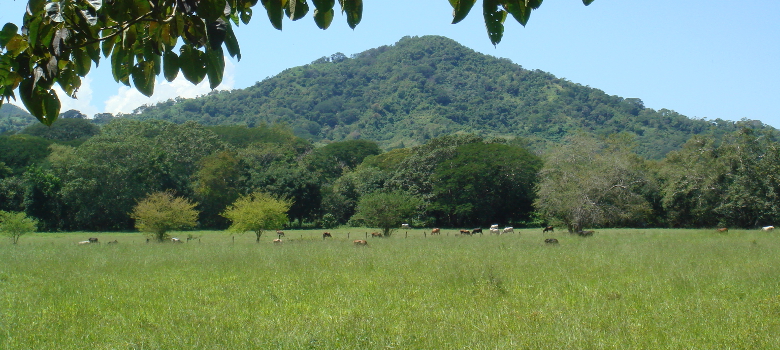The contribution of the International Long-Term Ecological Research network (ILTER) to PECS
The International Long-Term Ecological Research (ILTER) has increasingly begun to expand its research activities beyond conservation areas and adopt a place-based long-term socio-ecological research approach.

Photo: Manuel Maass
In a paper that is part of the PECS special issue in Ecology and Society, Maass et al (2016) focus on a subset of 15 ILTER sites that provide a broad cross-section of contrasting social-ecological systems with different policy and management settings, distinct trends of biodiversity change, different stakeholders’ preferences for ecosystem services and diverse components of well-being issues. The authors propose a conceptual approach linking ecosystem integrity, ecosystem services and stakeholder well-being that could also analyse trade-offs among ecosystem services inherent in diverse management options. The paper outlines a methodological approach which includes: i) monitoring and synthesis activities following spatial and temporal trends and changes on each site and by documenting cross-scale interactions; ii) developing analytical tools for integration; iii) promoting trans-site comparison; and iv) developing conceptual tools to design adequate policies and management interventions to deal with trade-offs.
